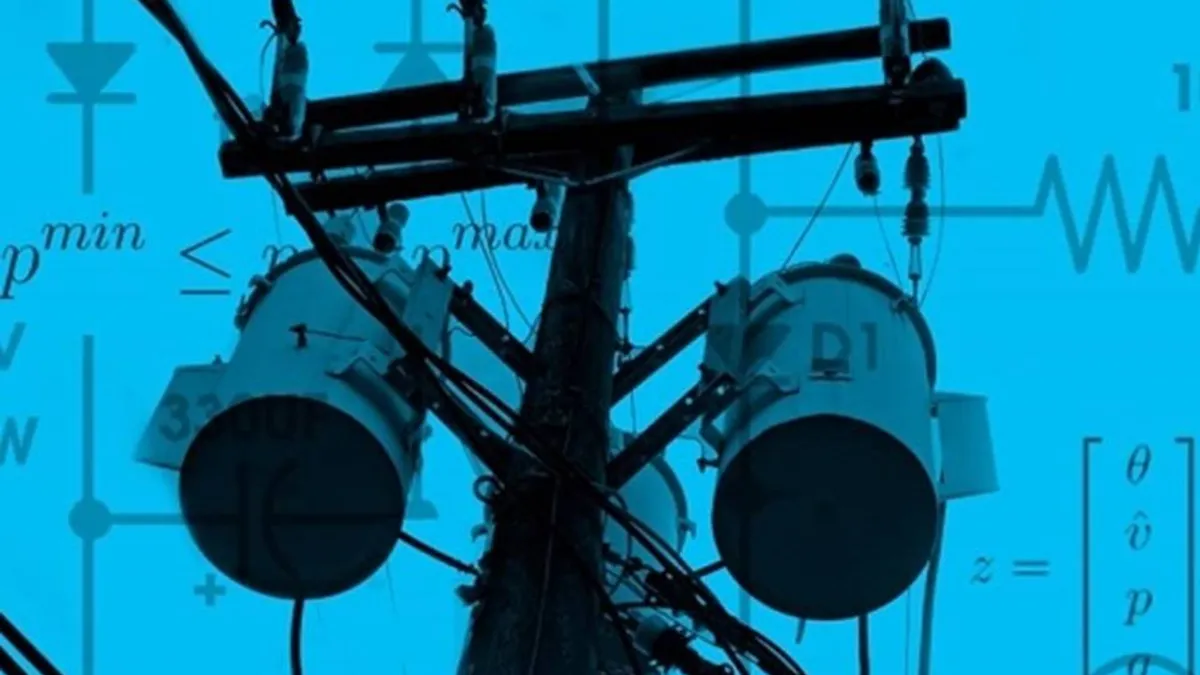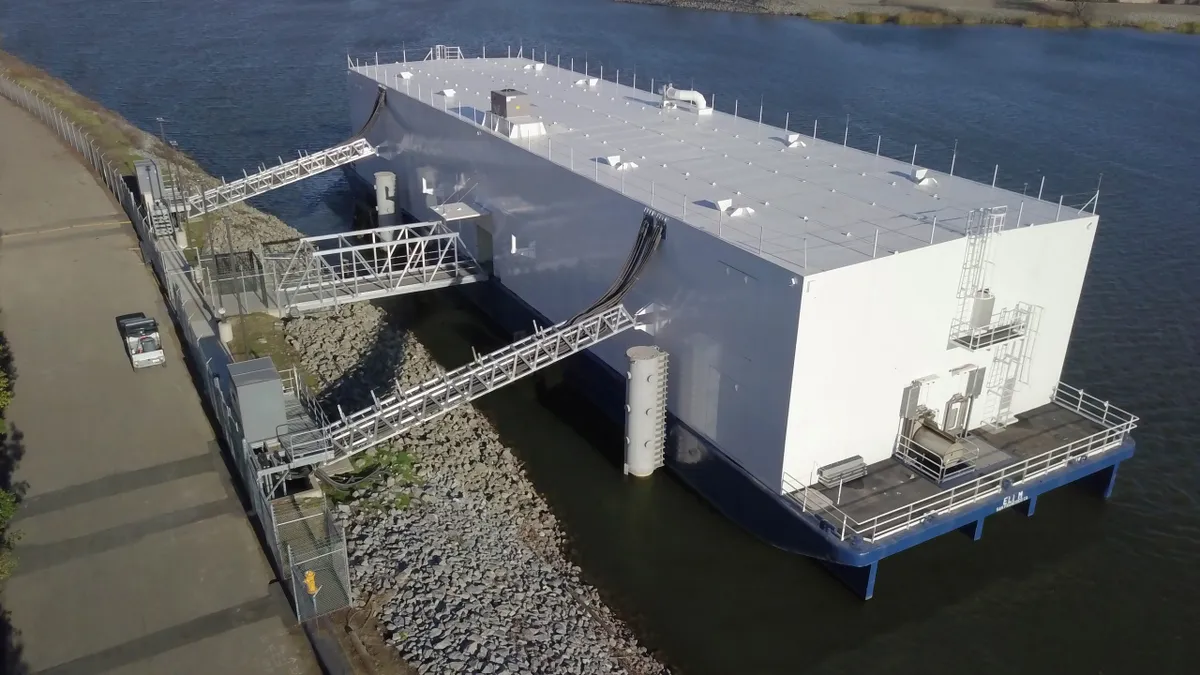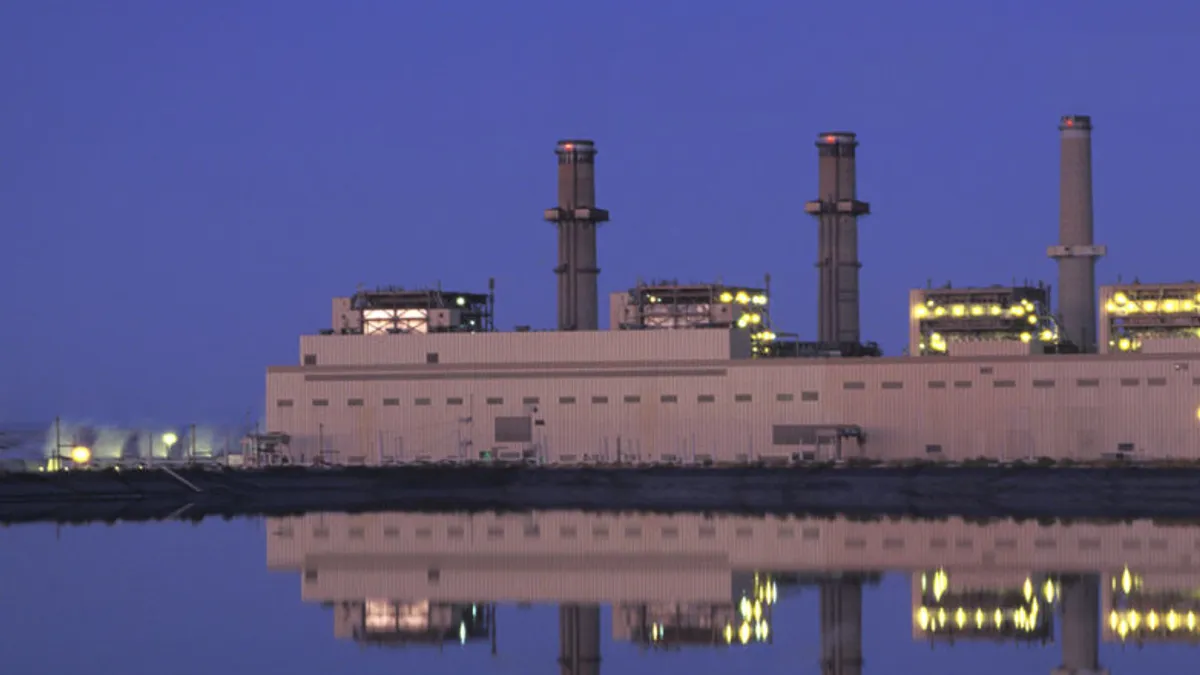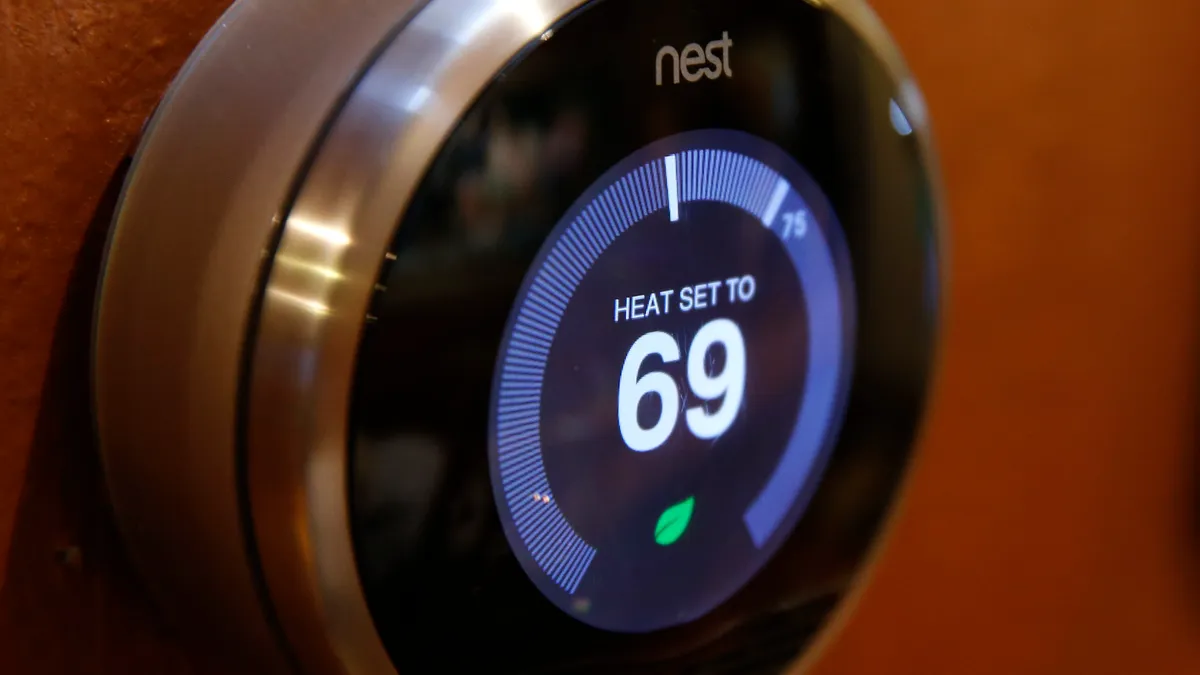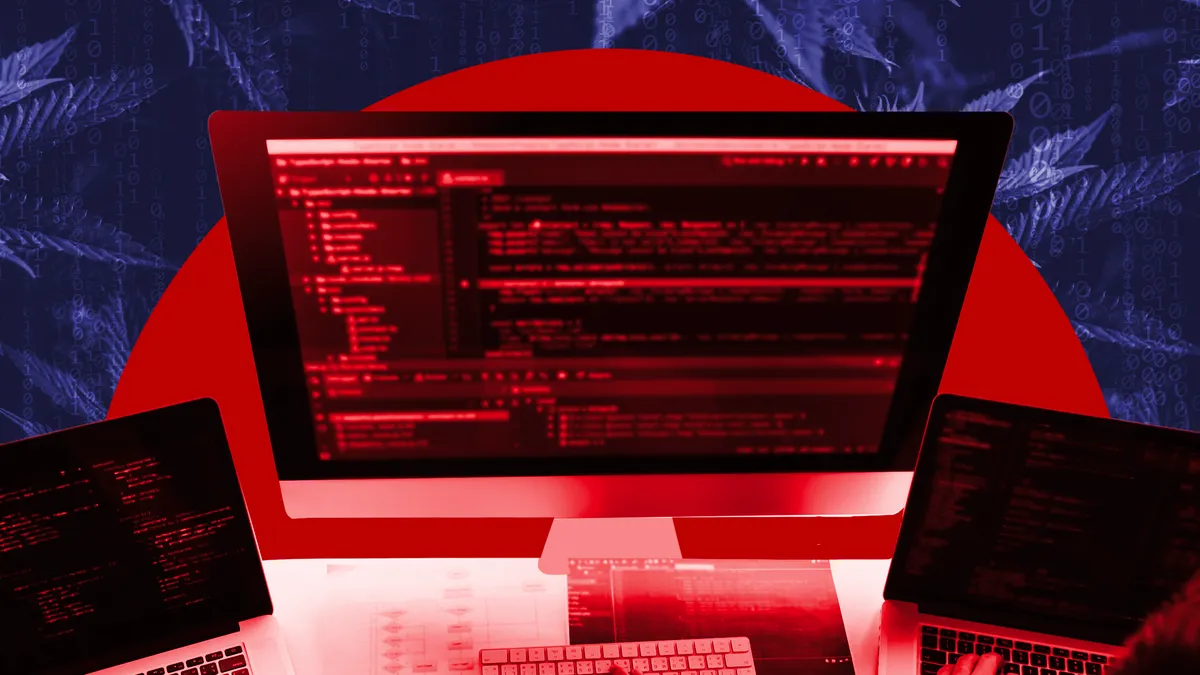The following is a contributed article by Jon Farnsworth, partner at Spencer Fane.
To the average consumer, utility services are not only essential, but often taken for granted.
Utilities, however, understand the nuances and multitude of complexities of ensuring there is enough power to the grid to allow every light to turn on when expected. Over the past decade, utilities have increasingly turned to smart grids, which offer a wide variety of benefits, including but not limited to enabling the utility to better gauge and meet the demand from consumers, reducing power plant costs and having "real time" customer demand and billing data to analyze.
This article explores the six often misunderstood risks of smart grids from a legal perspective.
1. Smart grids are not a "plug and play" business decision.
Utilities are well adept at handling large procure and construction projects, including purchasing expensive copper wire and transformers and maintaining infrastructure. However, utilities often have far less experience dealing with large-scale technology and software implementations. The process of planning to implement a smart grid for a utility is often a multi-year project. The planning and contracting process often takes over two years, even through the use of experienced consultants and lawyers who specialize in smart grid and large technology implementations. Regardless of how well a utility plans, there always will be surprises and hiccups in implementation process and transition to a smart grid. Extensive system acceptance testing occurs to help ensure the smart grid will "work". The overall process is time consuming.
2. Smart grids are a complex, long-term investment that take ongoing resources.
Smart grids consist of both hardware (aka equipment) and software. Both parts of the system will need maintenance and replacement through the life cycle of the smart grid — often 20-plus years. Utilities can try to implement contractual protections, including warranties related to the smart grid. However, this is easier said than done, particularly when a smart grid often consists of multiple different vendors who prefer to shoulder as little of liability as possible. Warranties are one of the most controversial topics when it comes to negotiating and contracting for a smart grid system.
3. There is no "one stop shop."
While some companies purport to offer a suite of (semi-)comprehensive services related to smart grids, the fact of the matter is that some vendors are better at certain things than others. Accordingly, the best smart grid components available in the marketplace often come from different vendors. Utilities should be aware of the strengths and weaknesses of the vendors, and understand the interplay between how those vendors will need to cooperate and work together on the smart grid implementation.
4. Mergers and acquisitions can be a threat.
In the technology space, mergers and acquisitions of companies are quite common, including in the utility smart grid sector. Utilities, as a customer of technology vendors, face a risk that they contract with one vendor and then find that such a vendor has been purchased by another vendor. Such acquisitions can have a detrimental effect on utilities. Some of the pitfalls including personnel turnover at the technology vendor, project delays and difficulties in streamlining technology solutions. Accordingly, utilities need to consider the short and long term viability of their vendors, and what rights the utilities have should with its vendors if a merger or acquisition occurs.
5. Utilities will need to provide significant manpower.
Unlike hiring some vendors where the overwhelming majority of the work is outsourced, when it comes to smart grids, it is imperative for the utility to provide a significant amount of its own manpower to the job. These costs also must be weighed in making the determination of when and how to implement a smart grid. It is not uncommon for there to be a smart grid team comprised of four to 10 people that consist primarily of the internal utility employees. The amount of time the smart grid project will consume for each of those individuals can vary, but often can include a substantial part of their everyday work for several years.
6. Specialists are needed.
The utilities which have the most success in implementing smart grids are those that plan thoroughly in advance and utilize outside consultants. The reason consultants are needed are for two primary reasons: (i) utilities generally have never implemented as large scale of a specialized technology solution before; and (ii) there are a significant amount of nuances to the project set up and legal contracting process. Without such specialized outside consultants and legal counsel, vendors often take advantage of the situation and provide contract terms that are incredibly one-sided in the vendor's favor, leaving the utility without proper recourse in the event of future problems. Furthermore, vendors are often likely to propose solutions that are the easiest for the vendor to implement, regardless if that is the solution that works best for the utility. Given the all-encompassing nature of a smart grid, multiple systems must be integrated to work together — everything from demand generation to billing.
As more and more utilities move to smart grids, technology vendors are becoming more adept at providing "tried and true" technology solutions. Nonetheless, significant problems can and will arise as utilities move to implement smart grids. Utilities can help minimize these issues with proper planning and counsel.


